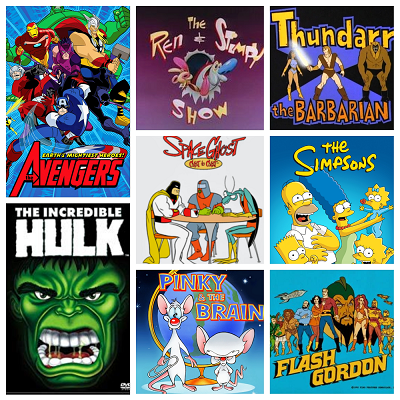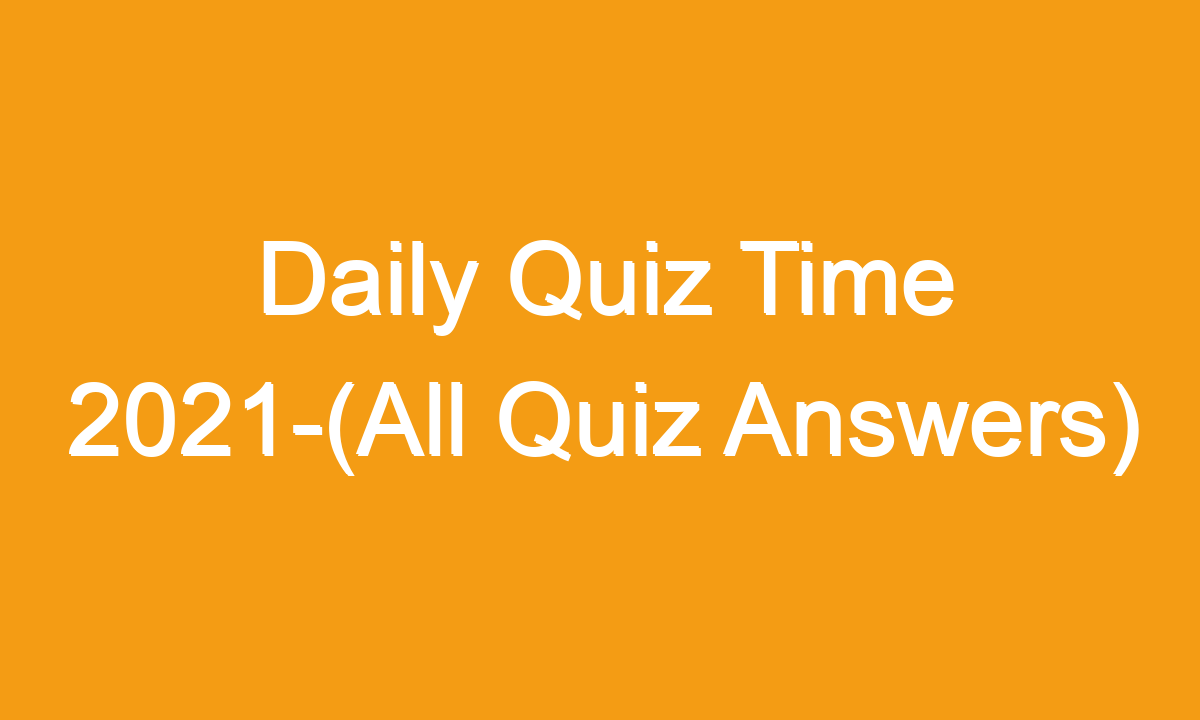Crafting a Strong Essay: Words and Phrases to Avoid
Writing a strong essay is exciting and difficult task since we have to think alot.
Usually students always faces few challenges like the the tense or the voice & the words to avoid while writing it.
But the good thing is that there is a way to to fix them all and write a really powerful essay from your pen.
In this guide you’ll learn how to crafting a strong essay & what are the words and phrases you are going to avoid to compile a good one.

The Pitfalls of Casual Language in Academic Essays
All students have to write various types of academic assignments and the common ones are surely essays. Essay writing is popular thanks to the vivid types and topics it offers.
Essays are much easier than other academic papers.
You may wonder “Who will write my coursework for me”, more often than essay.
Yet, there may appear many problems when you write a standard essay as well.
There are many pitfalls of casual language and our blog post investigates them.
- The Misuse of Contractions in Formal Writing
- Personal Pronouns and Subjectivity in Essays
- Rhetorical Questions: More Harmful Than Helpful?
- Misplaced Quotes and Their Impact on Essay Credibility
- Passive Voice: When Clarity in Writing is Compromised
- Vague Language: The Enemy of Precision in Essays
- Slang and Jargon: Understanding Their Place Outside Academic Writing
- Idioms and Their Incompatibility with Formal Writing
- FAQ:
The Misuse of Contractions in Formal Writing
Not all students know that they should not use contractions in formal writing. Contractions simply do not suit the highly sophisticated style of academic writing.
They can be used in informal writing and conversational language.
Personal Pronouns and Subjectivity in Essays
Every academic writer must be cautious with personal pronouns. Some of them should not be used in definite essays. Thus, you should use “I” and “Me” when you write a scientifically based essay.
These pronouns will make your essays too subjective, and your readers will not trust them.
You should use the third person. The only exception when you can use I and Me is when you write a personal essay about yourself. Yet, it’s not academic.
Rhetorical Questions: More Harmful Than Helpful?
The next issue that frequently appears in essays is the implementation of rhetorical questions.
Students like to use these questions in the introductory part as they are nice hooks.
They grab the attention of readers thanks to their uncommonness. Yet, they may be sometimes harmful.
Some students don’t really understand the meaning of the questions they write or they don’t suit the content of the essay. As a result, they are useless.
Misplaced Quotes and Their Impact on Essay Credibility
Many students hate to deal with quotes. It can be easily understood because the quotes they want to insert must follow strict rules of a definite academic writing style. The most typical styles are:
- APA
- MLA
- Chicago
- Turabian
- Harvard
- AMA
- ASA, etc.
Every style has its own peculiarities and thus differs from others. Students frequently mess up the rules because they are similar sometimes.
Another reason is they are simply inattentive. Finally, their quotes are misplaced because they appear in the wrong part of the essay.
As a result, they look awkward and spoil the general impression from the text.
Passive Voice: When Clarity in Writing is Compromised
One more matter of concern is the use of the passive voice in essays.
It seems to be okay, but the number of entries must be watched.
Many students overuse passive construction, which negatively reflects on the general readability of the text.
You should know that the passive voice may negatively reflect on the flow of your readability in 2 ways. Firstly, it uses rather passive words that slow down the dynamics of the text.
Secondly, it requires more words to complete a sentence compared to the active voice.
As a result, you need to spend more space and thus you may lack it for revealing your topic entire.
The active voice uses dynamic words in fewer amounts and makes every text livelier.
Vague Language: The Enemy of Precision in Essays
Many teachers claim that vague words should be avoided at all costs.
This is a common mistake that leads to serious problems with the way you disclose the topic and how your readers receive it.
When students write the so-called “watery sentences” they lose the trust of their readers.
The latter ones think that the writer does not actually know what to write about, so there are vague words and even whole sentences.
You ought to be watchful and carefully reread your texts before you submit them. Pay attention to how straightforward your text is. Be sure to avoid:
- Frequent repetitions
- Clichés and stereotypes
- Too long sentences
- Too long paragraphs
- Abrupt transitions
- Unnecessary words
- Overuse of adjectives and adverbs
Keep this list in your mind and use it when you revise your essays. If you see you “dance” around the same matter for too long, rewrite those parts instantly.
Try to stuff the gaps with meaningful facts and examples that are related to your topic. Thus, you will not sound as if you don’t understand your topic well.
Slang and Jargon: Understanding Their Place Outside Academic Writing
One more thing we want to highlight is the place of slang and jargon in academic writing.
To cut it short, it must be outside any academic writing.
The only exception is when a teacher gives you a special task where you should use slang and jargon. These parts of speech are conversational and informal.
Idioms and Their Incompatibility with Formal Writing
At times, students lose essential grades because of the idioms they use.
They believe that the use of idioms is always correct because they are used by all people every day. Yet, the overuse of them in the text kills the creativity you could show.
These are not your own thoughts, but a repetition of someone else’s ideas. Moreover, some students fail to use the right idioms and they do not suit the topic at all.





